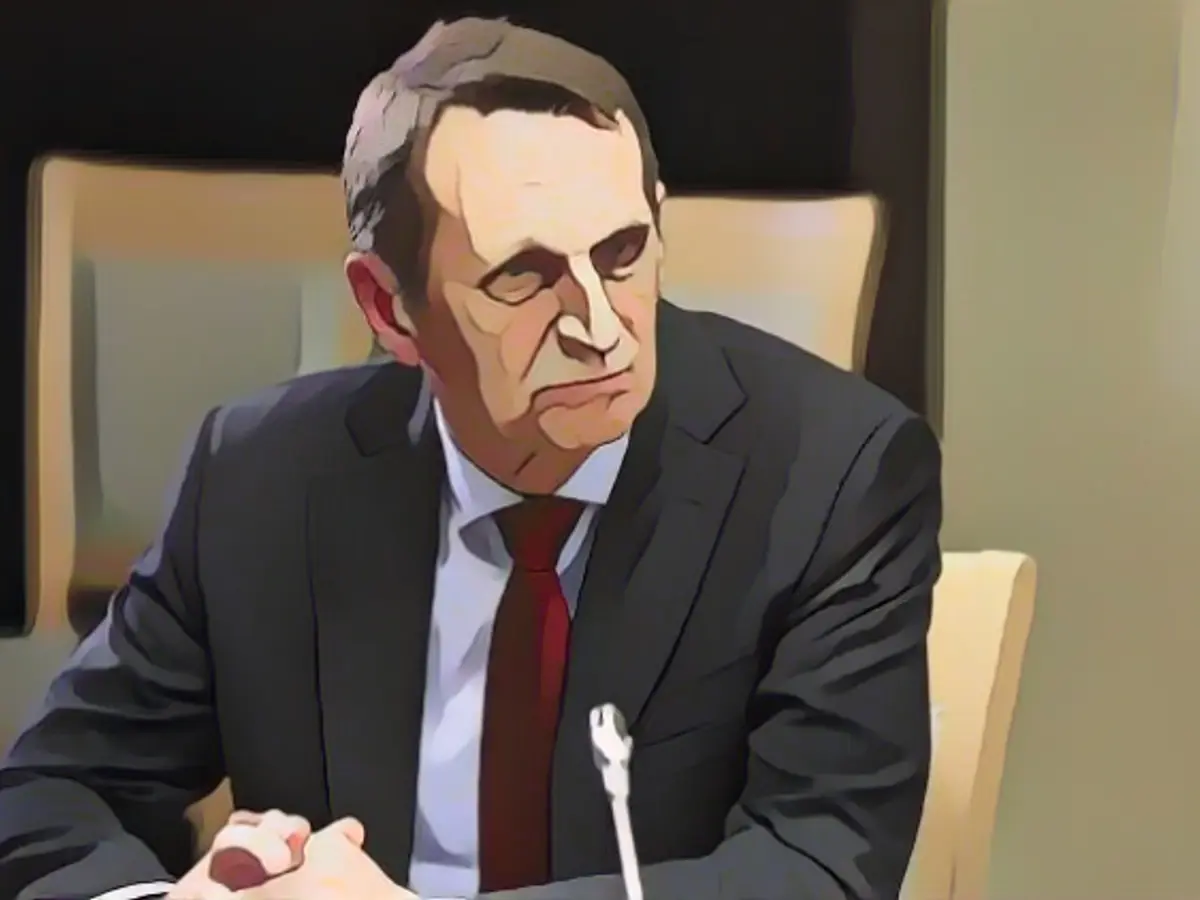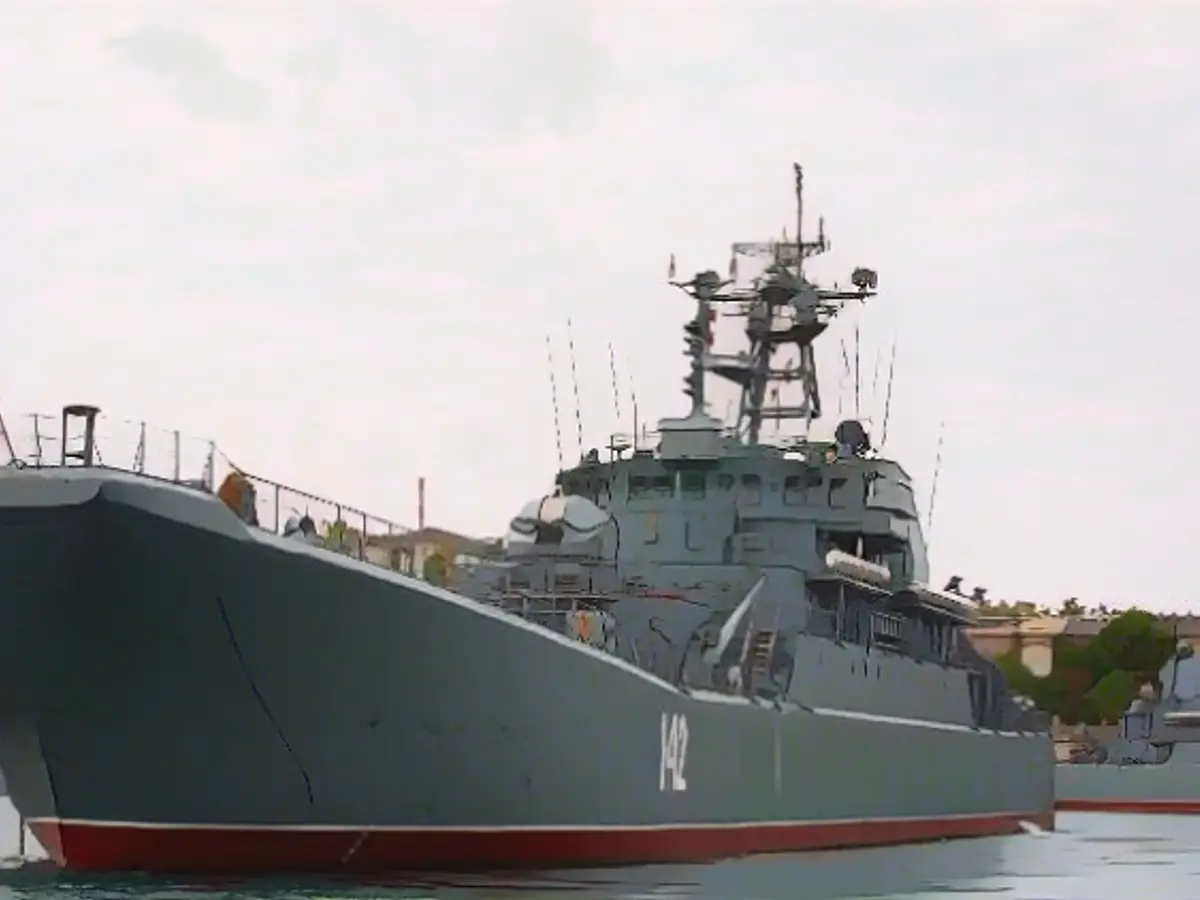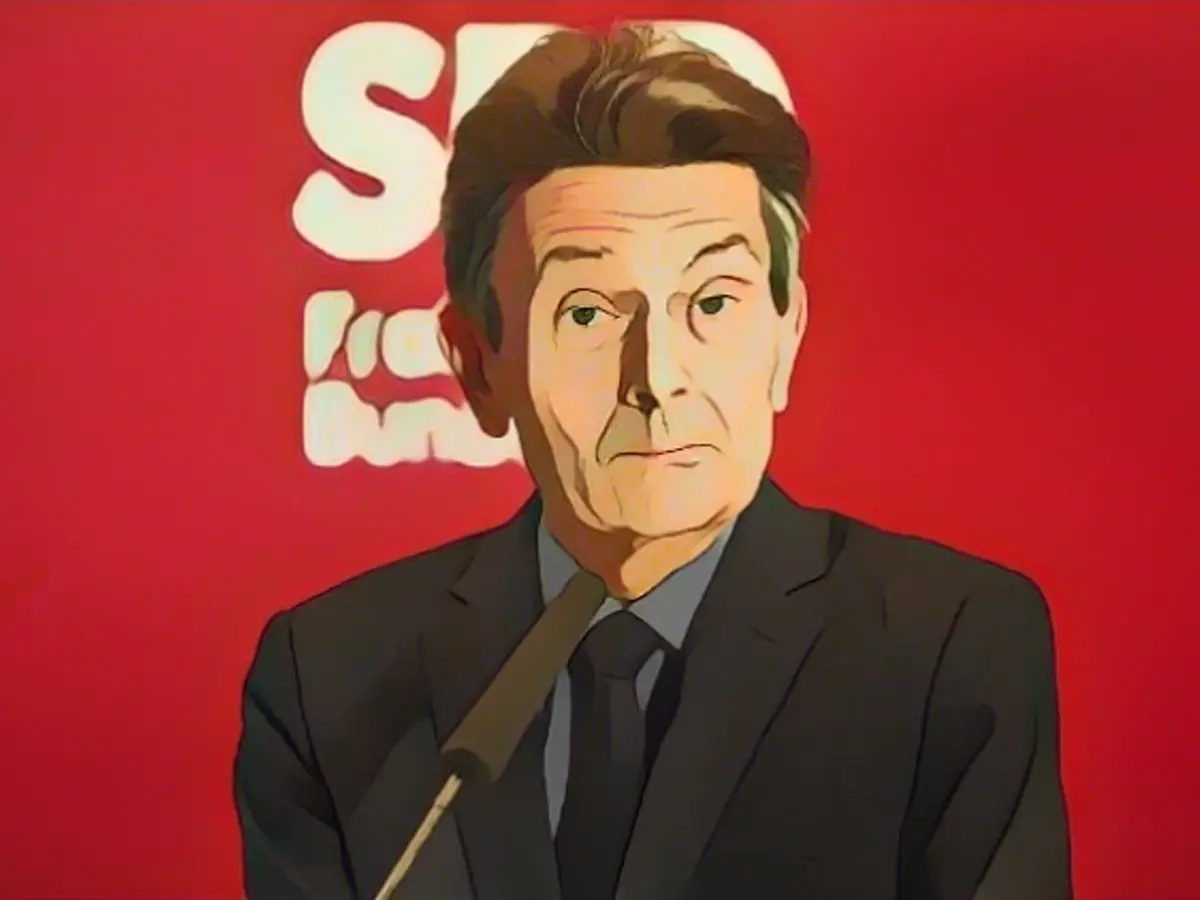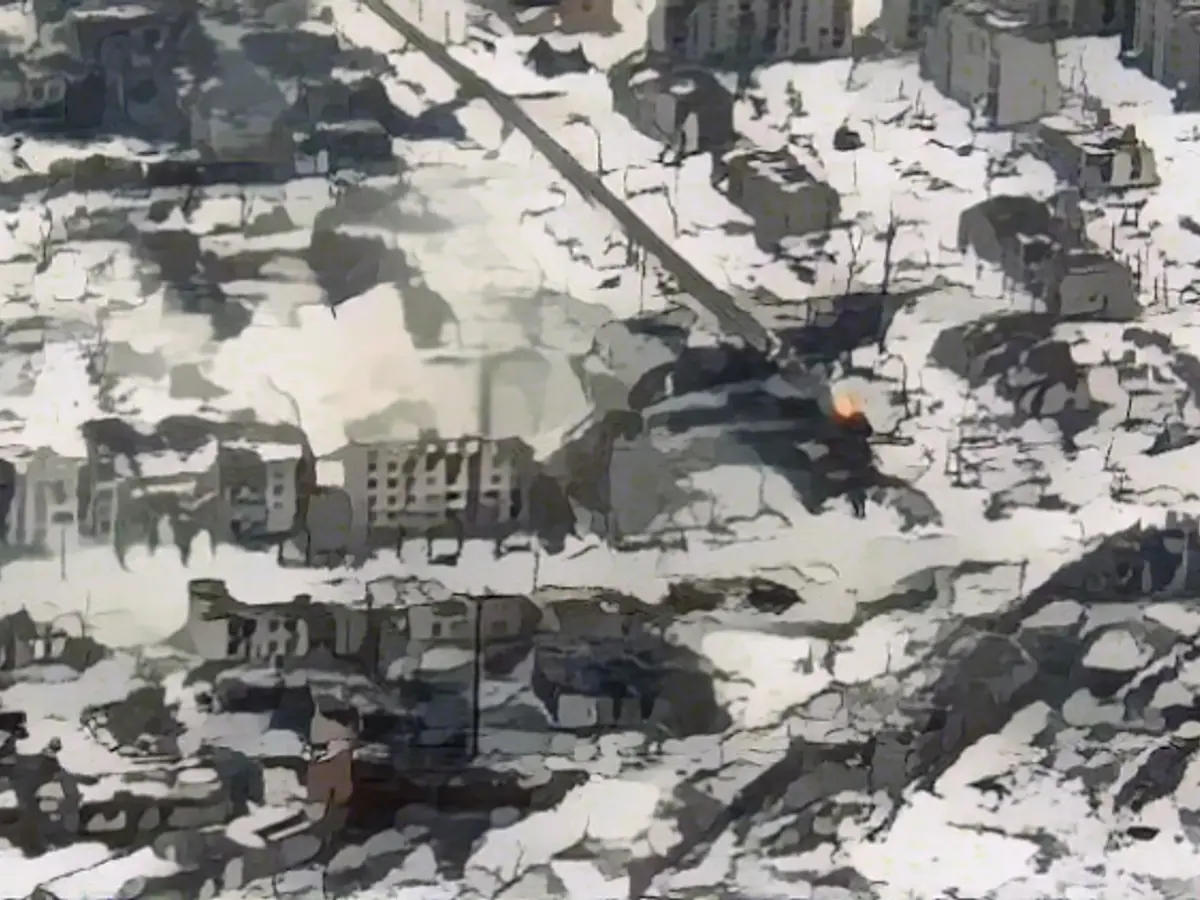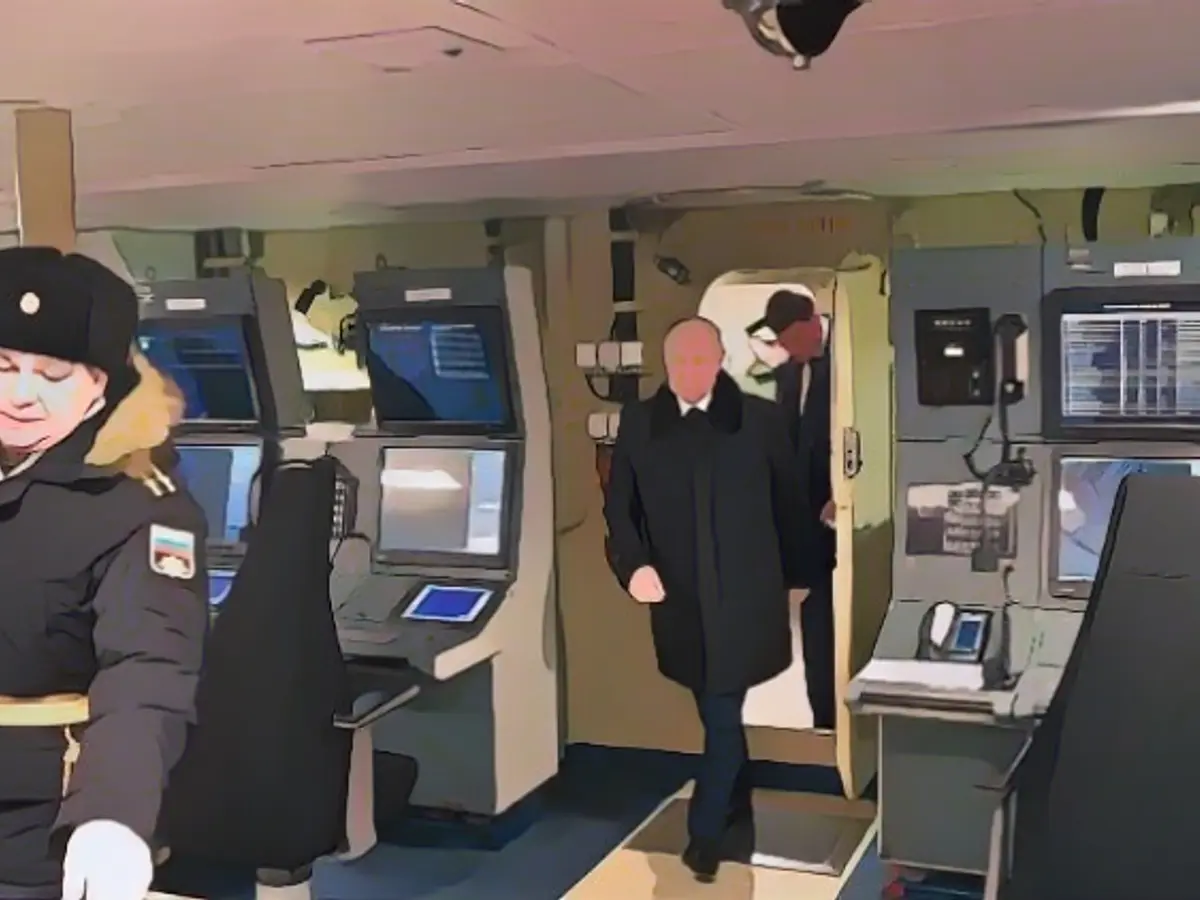U.S.-Russia Tensions Over Ukraine: Putin's Spy Chief Predicts "Second Vietnam"
The ongoing conflict between Ukraine and Russia has become a heated topic in the United States, with Republicans delaying an aid package worth billions. Russia's foreign intelligence service (SVR) chief, Sergei Naryshkin, predicts a "second Vietnam" for the U.S. if it continues its extensive involvement in Ukraine, likening it to a "black hole" that will consume increasingly more resources and people.
During the Cold War, the Vietnam War served as a proxy conflict between the U.S. and the Soviet Union. The U.S. supported South Vietnam against communist forces from the North, which were backed by the Soviet Union and China. The war ended in 1975 with a humiliating defeat for the U.S., and it has since remained a national trauma for many Americans.
The Ongoing Debate in Washington
President Joe Biden has urged Republicans in Congress not to block the military aid requested for Ukraine. Biden calls the situation a "direct threat" to NATO and warns that should Russian President Vladimir Putin attack Ukraine, he may not stop there and could also target a NATO ally, potentially engaging American troops in direct combat with Russian troops.
In contrast, Republicans have temporarily blocked financial aid for Israel and Ukraine, citing immigration policy and border security concerns, causing a significant reduction in overall Western military aid since the summer. Moscow is hoping this holds, expecting a permanent halt of new aid to Ukraine, given Russia's status as Ukraine's most significant military supporter.
"Second Vietnam" Implications
Sergei Naryshkin's prediction of a "second Vietnam" for the U.S. invokes several potential implications and possible outcomes of the conflict in Ukraine:
- Negotiations and Conflict Resolution: The conflict may eventually prompt negotiations for a cease-fire or armistice, but the conditions for such talks will need to ripen first.
- Risk of Nuclear War: Escalating the conflict could result in nuclear war, a scenario that the Biden Administration is reportedly cautious about avoiding.
- Humiliating Armistice: The conflict outcome may be a humiliating armistice, similar to the U.S.'s withdrawal from Vietnam in 1975. This could force a reevaluation of American military strategy and a technological revolution in defense technology.
- Technological Superiority: Investments in modern avionics and precision weapons are necessary to counter Russia's conventional military advantages.
- Diplomatic Challenges: The involvement of various leaders can raise questions about legitimacy and negotiations, recalling similar challenges faced during the Vietnam War.
- Economic and Military Aid: Extensive financial and military aid may not necessarily result in a decisive military victory for Ukraine, as experienced with the military support provided to South Vietnam during the Vietnam War.
- Legitimacy and Leadership: The legitimacy and leadership of Ukrainian President Volodymyr Zelenskyy are also concerns, with questions about his ability to effectively lead the country in any negotiations.
The Future of U.S.-Russia Relations
The ongoing conflict in Ukraine has exposed tensions between the U.S. and Russia, resulting in an increasingly volatile and uncertain world. Moscow's continued involvement in Ukraine and Naryshkin's prediction of a "second Vietnam" have introduced multiple challenges for the U.S. and its allies, requiring careful diplomatic maneuvering and strategic considerations to avoid an escalation into a broader conflict.
References:
- "Vietnam War." History.com, A&E Networks Television, 30 May 2014, www.history.com/topics/cold-war/vietnam-war.
- Russon, Iain. "What the Ukraine crisis teaches us about Vietnam - and why Putin's power over the west is growing." The Independent, 20 Nov. 2014, www.independent.co.uk/voices/comment/what-the-ukraine-crisis-teaches-us-about-vietnam-and-why-putins-power-over-the-west-is-growing-8402381.html
- Guthrie, Charles W. "U.S. aid to Ukraine: lessons from the Vietnam War." The Conversation, 23 Apr. 2014, theconversation.com/us-aid-to-ukraine-lessons-from-the-vietnam-war-34297
To continue reading about similarly fascinating topics, visit
